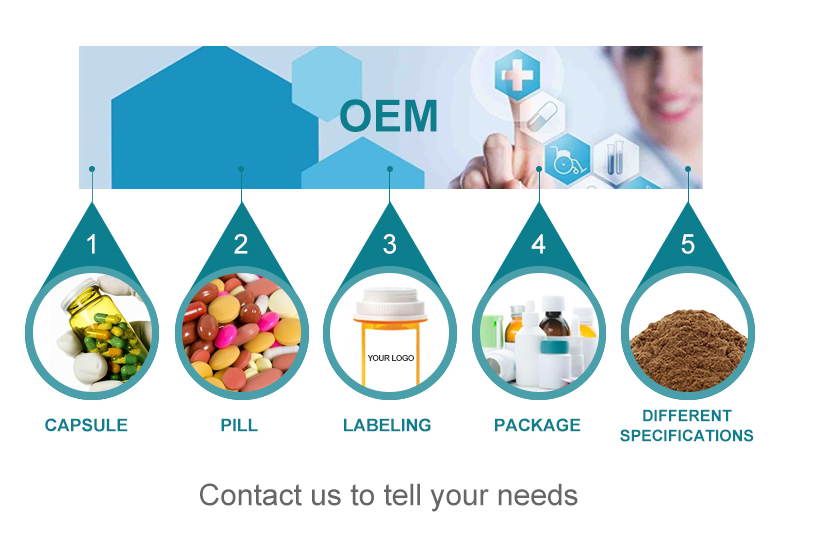In order to ensure a good harvest of summer food next year, if the soil is not empty and the fields are lacking, winter irrigation must be carried out. At present, the best time for winter irrigation has passed, we must master the watering method and scientific watering.
One is the condition of winter irrigation. It is necessary to look at the sky, see the earth, and watch the air. Look at the sky is to choose sunny weather; seeing the ground is to look at the soil moisture, not watering the winter water, soil moisture content is lower than the index (sand land <12%, soil land <14%, clay land <16%), must be carried out Winter irrigation; the suitable temperature for winter irrigation is about 3 °C, the temperature is lower than 3 °C, there is a threat of freezing damage after irrigation, the temperature is lower than 0 °C, the freezing damage is more serious, in addition to freeze-dried stems and leaves, it will form "Lifting the phenomenon" caused the mechanical damage of the wheat seedlings.
The second is winter irrigation time. Try to choose sunny weather, from 9 am to 3 pm. The amount of water should not be too large, but the water should be poured evenly, but it should be poured into the soil on the day of irrigation. Avoid flooding with large water to prevent the formation of “Linglift†wounds.
The third is reasonable topdressing. For wheat fields without application of base fertilizer or insufficient base fertilizer, small population, thin growth of wheat seedlings and yellowing of leaves, 5-7 kg of urea should be applied per acre combined with watering to promote the transformation and transformation of seedlings.
The fourth is cultivating and warming. After watering, it should be timely ploughed, remove the knot, eliminate cracks, spray new high-fat film to keep warm, water-proof evaporation, sun-proof and drought-resistant, anti-soil knot, suffocation and isolation of pests and diseases to ensure safe wintering of wheat seedlings.
Disclaimer: Some articles on this website are transferred from the Internet. If legal rights of third parties are involved, please inform this website. phone
Food additive is a kind of non nutritive substance which is added in small amount to improve the appearance, flavor, structure or storage property of food. It refers to any substance artificially added to food for technical purposes in the process of food production, processing, preparation, treatment, packaging, transportation or storage. In order to improve the quality of food, such as color, aroma and taste, and to meet the needs of anti-corrosion and processing technology, synthetic or natural substances are added into food . At present, there are 23 categories and more than 2000 varieties of food additives in China, including Acidity Regulators, anti caking agents, defoamers, antioxidants, bleaching agents, bulking agents, colorants, color protectants, enzyme preparations, flavor enhancers, nutritional enhancers, preservatives, sweeteners, thickeners, spices, etc.

Product Name: Beta-Carotene
Appearance: Orange Powder
CAS: 7235-40-7
Molecular formula:C40H56
Molecular weight :536.8726
Melting point: 178-179℃
Flashing point: 103℃
EINECS: 230-636-6
Specification: 1%;10%;20%;30%,50%,90%;99%
Testing Method: HPLC
Beta carotene is the molecule that gives carrots their orange colour. It is part of a family of chemicals called the carotenoids, which are found in many fruit and vegetables, as well as some animal products such as egg yolks. Biologically, beta carotene is most important as the precursor of vitamin A. It also has anti-oxidant properties and may help in preventing cancer and other diseases.
Beta Carotene is also known as a provitamin because it can be converted in our body into vitamin A after oxidative cleavage by beta carotene 15, 150-dioxygenase. In plants, beta carotene, acts as an anti-oxidant and neutralizes singlet oxygen radicals formed during photosynthesis.

Product Recommended
Beta-carotene Powder, Lycopene Powder, Beetroot Red Powder, Curcumin
Xi'an Tian Guangyuan Biotech Co., Ltd. , https://www.tgybiotech.com
